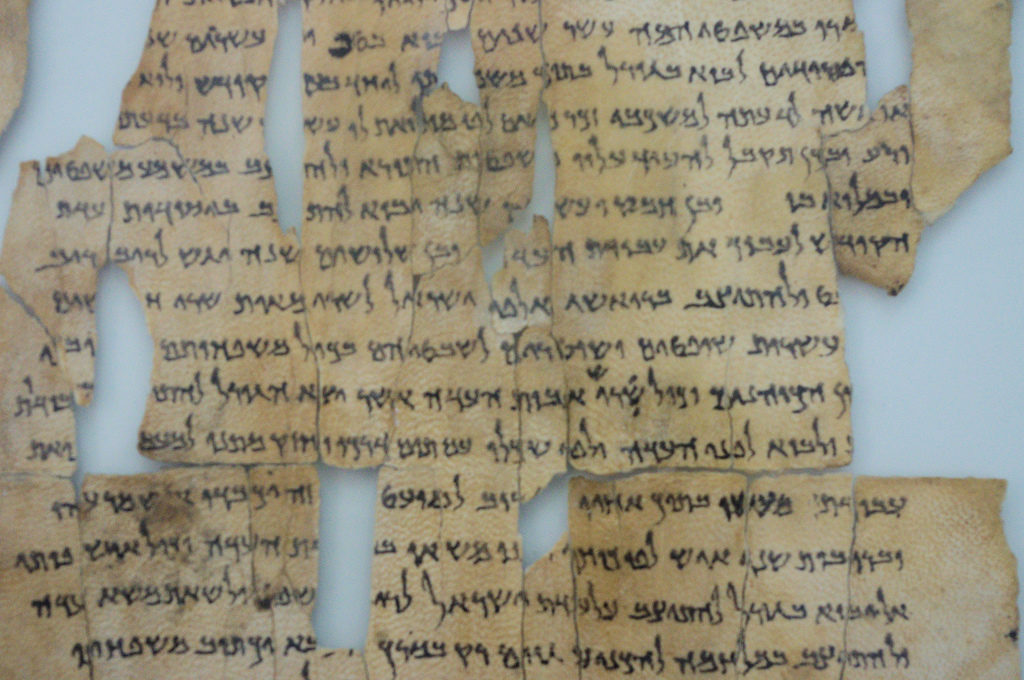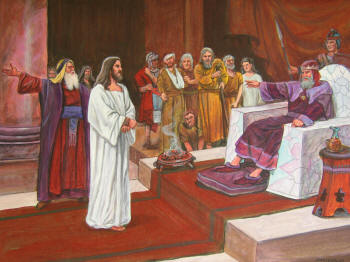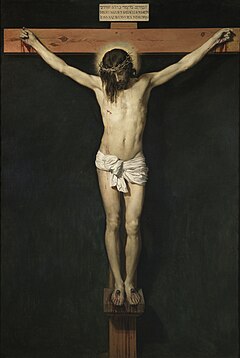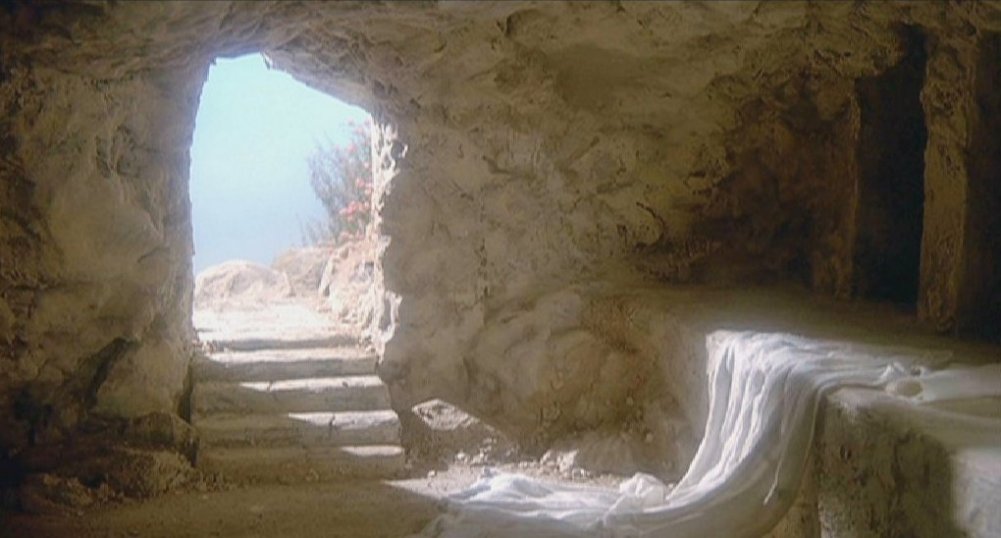Critics of the Bible often say there are no eyewitness accounts recorded in the Bible of Jesus’ death and resurrection. This article examines the facts of the issue of whether there are eyewitnesses of Jesus’ death and resurrection.
“Many have undertaken to draw up an account of the things that have been fulfilled among us, just as they were handed down to us by those who from the first were eyewitnesses and servants of the word. With this in mind, since I myself have carefully investigated everything from the beginning, I too decided to write an orderly account for you, most excellent Theophilus.” (Luke 1:1-3 NIV)
New Testament writers, especially in the Gospels and Acts, were very careful to record that they were relaying the testimony of eyewitnesses, many of whom were still alive when the most of the Testament was written. Their accounts were not fabrications or hallucinations or legends. They were real!
Let’s look at some of the testimony about eyewitnesses of the resurrected Jesus.:
“Then he appeared to more than =&0=&
“For we did not follow cleverly devised stories when we told you about the coming of our Lord Jesus Christ in power, but we were eyewitnesses of his majesty.” (2 Peter 1:16 NIV)
“God exalted him at his own right hand as leader and savior to grant Israel to repentance and forgiveness of sins. We are witnesses of these things, as is the holy Spirit, that God has given to those who obey him.” (Acts 5:31,32 NAB)
The importance of being actual eyewitnesses of Christ cannot be overstated. Notice the following proof texts concerning witnesses of his death and after his resurrection.
His death:
“Many women who had followed Jesus from Galilee and ministered to Him were there, looking on from a distance. Among them were Mary Magdalene, Mary the mother of James and Joseph, and the mother of Zebedee’s sons.” (Matthew 27:55,56 HCSB)
“Mary Magdalene and the other Mary were seated there, facing the tomb.” (Matthew 27:61 HCSB)
After his resurrection:
“He is not here! For He has been resurrected, just as He said. Come and see the place where He lay.” (Matthew 28:6 HCSB)
“Then go quickly and tell His disciples, ‘He has been raised from the dead. In fact, He is going ahead of you to Galilee; you will see Him there.’ Listen, I have told you.” (Matthew 28:7 HCSB)
“When they saw him they fell down before him, though some hesitated.” (Matthew 28:17 NJB)
His death:
“There were also women looking on from a distance. Among them were Mary Magdalene, Mary the mother of James the younger and of Joses, and Salome.” (Mark 15:40 HCSB)
“Now Mary Magdalene and Mary the mother of Joses were watching where He was placed.” (Mark 15:47 HCSB)
After his resurrection:
“When they entered the tomb, they saw a young man dressed in a long white robe sitting on the right side; they were amazed and alarmed.” (Mark 16:5 HCSB)
His death:
“All the crowds that had gathered for this spectacle, when they saw what had taken place, went home, striking their chests. But all who knew Him, including the women who had followed Him from Galilee, stood at a distance, watching these things.” (Luke 23:48,49 HCSB)
“One of the soldiers pierced Jesus’ =&1=&
The certification of his death:
“Pilate was =&2=&
 What is Memorial Day for Christians?
What is Memorial Day for Christians?




 Did Jesus claim to be God when he was in court, on trial for his life? Like Jesus’ enemies, Trinitarians often assert that Jesus was “claiming to be God” (
Did Jesus claim to be God when he was in court, on trial for his life? Like Jesus’ enemies, Trinitarians often assert that Jesus was “claiming to be God” (

